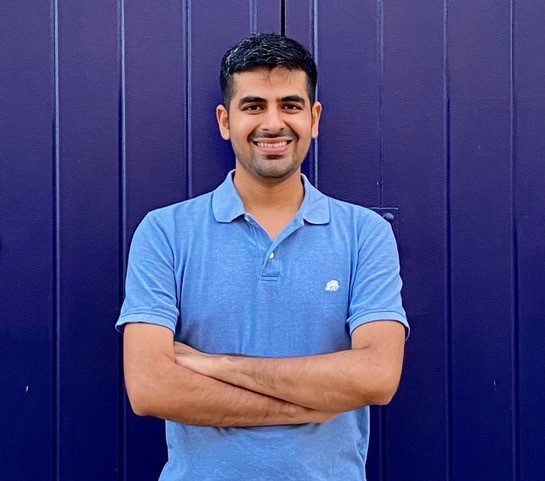Dental Sedation Options for Children
Oral health is important at any age in a person’s life. However, this is especially true at a young age, when our teeth and jaws are still developing.
Unfortunately, children can sometimes be quite apprehensive about visiting the dentist and undergoing any type of dental procedure.
Because of this, your dentist might recommend using sedation to help keep your child calm and comfortable during their visit. For some parents, having their child sedated might seem a little bit worrying. However, in this article, Family Dentist in Clovis, CA goes over the options when it comes to child sedation, which can help put your mind at ease.
- Nitrous Oxide
The most common type of dental sedation is nitrous oxide, otherwise known as laughing gas. This is the lowest level of sedation and is also the least invasive.
To administer nitrous oxide, your dentist will place a mask over your child’s nose and mouth and will ask them to take a deep breath. The nitrous oxide is blended with oxygen which allows the dentist to easily control how much of the gas is being administered.
This type of sedation will not put your child to sleep, however, it will help keep them calm during the procedure.
- Mild Sedation
The next level of sedation, known as mild sedation, is typically administered by taking drugs orally. These drugs will keep your child in a mild state of sedation, however, they will still remain awake and will still be able to communicate verbally.
Once the procedure is complete, your child may still feel a little bit drowsy for a few hours, therefore, it’s a good idea to keep an eye on them until they are fully awake and back to normal.
- Deep Sedation or General Anesthetic
Deep sedation is administered intravenously and will render your child completely unconscious. They might still move, or make sounds, however, they will be in a deep state of sleep and will not feel anything at all during the procedure.
This type of sedation takes a little longer to recover from, and there is a chance that it will affect their cardiovascular function, therefore, the dentist will likely have an extra person with them to help monitor your child’s breathing during the procedure.
As we’ve mentioned, having your child sedated during their dental procedures may seem a little bit worrying at first. However, sedation is something that your dentist is experienced with and there is no need to be concerned.
For more information about sedation dentistry and what options are available to you, make an appointment with your dentist. He or she will be more than happy to meet with you and answer and questions that you may have.











